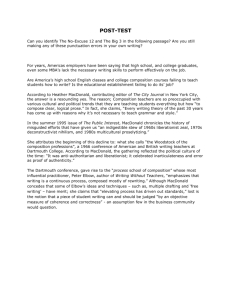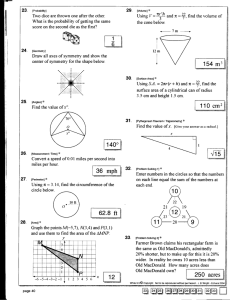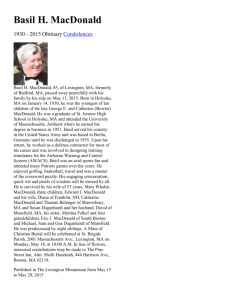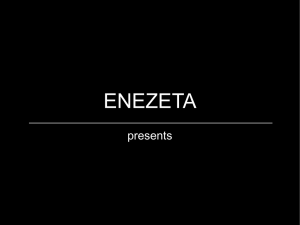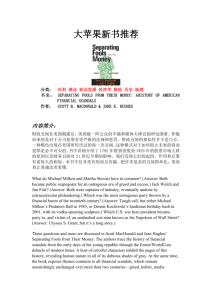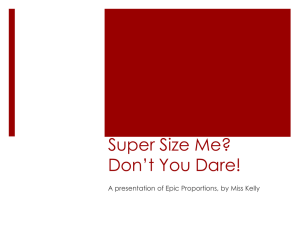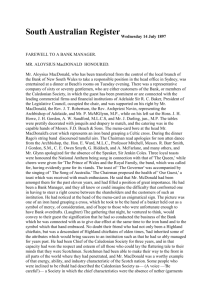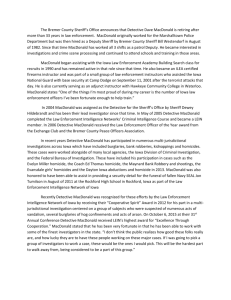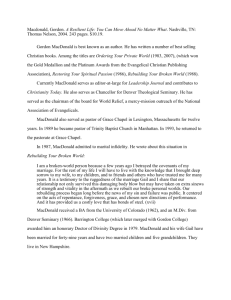Macdonald vs. Williams: Mass Culture & the Masses
advertisement
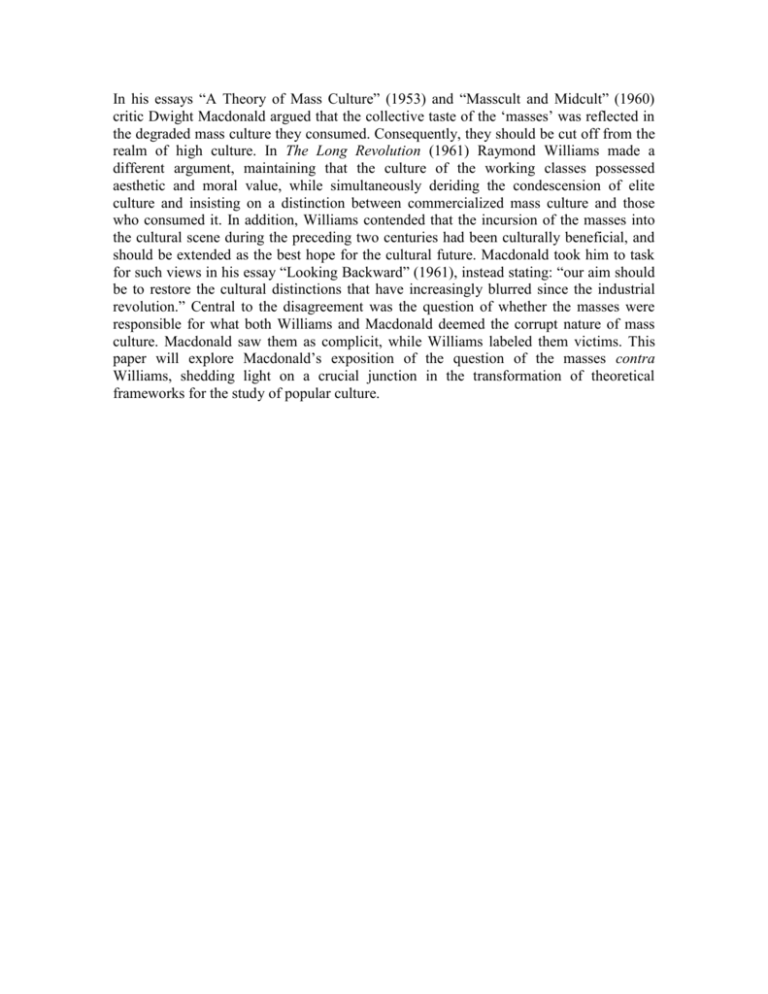
In his essays “A Theory of Mass Culture” (1953) and “Masscult and Midcult” (1960) critic Dwight Macdonald argued that the collective taste of the ‘masses’ was reflected in the degraded mass culture they consumed. Consequently, they should be cut off from the realm of high culture. In The Long Revolution (1961) Raymond Williams made a different argument, maintaining that the culture of the working classes possessed aesthetic and moral value, while simultaneously deriding the condescension of elite culture and insisting on a distinction between commercialized mass culture and those who consumed it. In addition, Williams contended that the incursion of the masses into the cultural scene during the preceding two centuries had been culturally beneficial, and should be extended as the best hope for the cultural future. Macdonald took him to task for such views in his essay “Looking Backward” (1961), instead stating: “our aim should be to restore the cultural distinctions that have increasingly blurred since the industrial revolution.” Central to the disagreement was the question of whether the masses were responsible for what both Williams and Macdonald deemed the corrupt nature of mass culture. Macdonald saw them as complicit, while Williams labeled them victims. This paper will explore Macdonald’s exposition of the question of the masses contra Williams, shedding light on a crucial junction in the transformation of theoretical frameworks for the study of popular culture.
